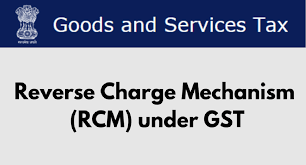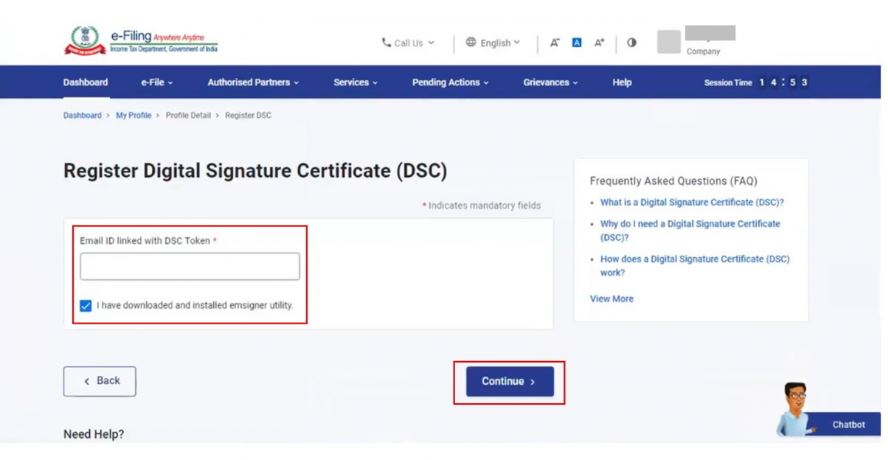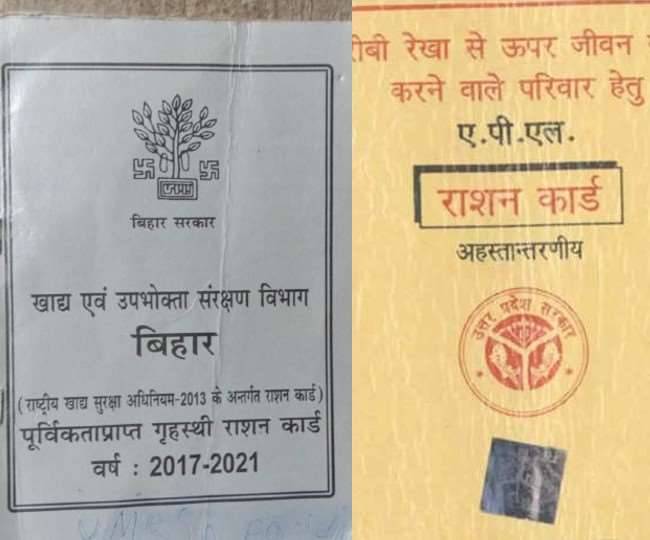The Reverse Charge Mechanism (RCM) is the process of GST Payment by the receiver instead of the supplier. In this case, the liability of tax payment is transferred to the recipient/receiver instead of the supplier. 53rd GST Council Meeting Update: To simplify claiming ITC, the Council recommends clarifying that purchases under the RCM from unregistered suppliers follow a specific rule. When the recipient issues the invoice for such a purchase, the relevant financial year for calculating the ITC time limit under section 16(4) of the CGST Act will be the year the invoice is issued. The Reverse Charge Mechanism is applicable in the case of : Imports Purchase from an unregistered dealer Supply of notified goods and services This reverses the scenario as the person who is receiving the goods and services needs to pay the taxes. If the receiver is purchasing goods from unregistered providers, there needs to be a GST paid on their behalf. A payment voucher needs to be issued from the supplier to the recipient. The recipient must be a registered person as per Section 2(94) of the CGST Act,2017. As per section 2(98) of CGST Act 2017, “Reverse-Charge” means the liability to pay tax by the recipient of the supply of goods or services or both instead of the supplier of such goods or services or both Under sub-section (3) or sub-section (4) of section 9, or Under sub-section (3) or subsection (4) of section 5 of the Integrated Goods and Services Tax Act What is Reverse Charge Mechanism? The supplier of goods or services pays the tax on supply. Under the reverse charge mechanism, the recipient of goods or services becomes liable to pay the tax, i.e., the chargeability gets reversed. The objective of shifting the burden of GST payments to the recipient is to widen the scope of levy of tax on various unorganized sectors, to exempt specific classes of suppliers, and to tax the import of services (since the supplier is based outside India). Applicability of Reverse Charge Mechanism The reverse charge possibilities for intrastate transactions are governed by Sections 9(3), 9(4), and 9(5) of the Central GST and State GST Acts. In addition, reverse charge possibilities for interstate transactions are governed under sections 5(3), 5(4), and 5(5) of the Integrated GST Act. Let’s get into more information about these scenarios: Supply of certain products and services as determined by the CBIC: The CBIC has produced a list of products and services that are subject to reverse charge under the authority granted by section 9(3) of the CGST Act, 2017. Supply to a certified dealer from an unauthorized dealer: According to Section 9(4) of the CGST Act, 2017 if a seller who is not registered for GST delivers products to a person who is registered for GST, reverse charge will apply. This means that the recipient will have to pay the GST instead of the provider. The registered buyer who is required to pay GST under reverse charge must self-invoice for transactions made.In the real estate business, the government mandated that promoters purchase 80 percent of their inward supplies from registered suppliers. If purchases from registered dealers fall short by 80%, the promoter must pay GST at 18% on the reverse charge to the amount that inbound supply falls short by 80%. If the promoter buys cement from an unlicensed source, he must pay a 28 percent tax. This computation must be performed regardless of the 80 percent calculation.The promoter must pay reverse charge GST on TDR or floor space index (FSI) issued on or after April 1, 2019. Even though a landowner is not engaged in a regular business of land-related operations, the transfer of development rights by such an individual to the promoter is taxable as a provision of service under Section 7 of the CGST Act, 2017. In addition, when one developer sells TDR to another, GST is levied at 18 percent on the reverse charge. Service provision via an e-commerce operator: E-commerce operators can be used as an aggregator by any form of business to sell items or deliver services. According to Section 9(5) of the CGST Act, 2017 if a service provider utilizes an e-commerce operator to deliver specified services, the reverse charge applies to the e-commerce operator, and he must pay GST. This section includes services such as: Passengers are transported by radio-taxi, motor cab, maxi cab, and motorbike. For example, Ola and Uber. Providing accommodation services in hotels, inns, guest houses, clubs, campgrounds, or other commercial places intended for residential or lodging purposes, unless the person supplying such service through an electronic commerce operator is required to register due to a turnover threshold exceeding the limit. For instance, Oyo and MakeMyTrip. Housekeeping services, such as plumbing and carpentry, unless the person providing such services through electronic commerce operators is required to register owing to turnover above the threshold level. For example, Urban Company employs plumbers, electricians, instructors, beauticians, and other professionals. RCM Provisions Under GSTR Forms – GSTR 1 – GSTR 2 This system is being carried forward from the VAT regime. In case the supplier is registered, but the goods or services come under reverse charge mechanism, the input tax credit cannot be claimed by the supplier as the tax is not credited by him but the receiver is paying the taxes. In the case of importers of goods, taxes need to be paid under the reverse charge mechanism to the Government on the import. This is in addition to the import duties. The details of the charges pertaining to the inward supply of goods or services are to be mentioned in GSTR 1. The details of inward supply are stated in the form GSTR 2. A person who is liable to pay tax under reverse charge mechanism needs to be registered under GST irrespective of the turnover. The goods/service supplier gets the input tax credit that is paid under the reverse charge. The only condition is that the input tax credit is used only for the furtherance of business. The list of



